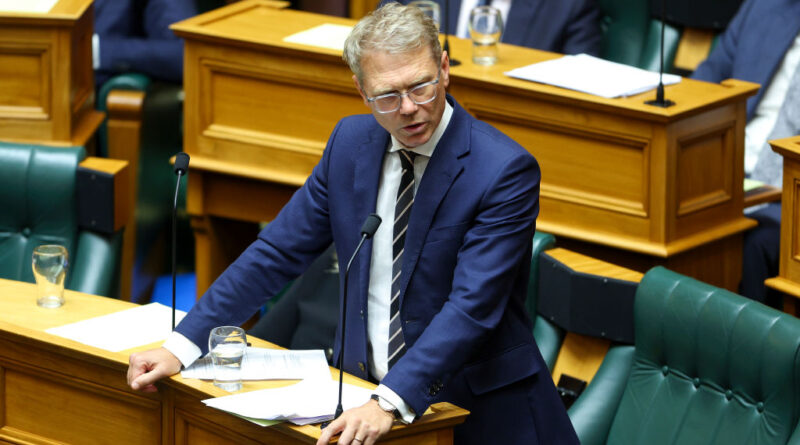New Zealand Strengthens Criminal Sentencing with Goal of 20,000 Fewer Victims by 2029.
A member of the New Zealand First party stated that this signifies the departure from the previous Ardern government’s ‘soft on crime’ stance.
New Zealand’s Minister of Justice, Paul Goldsmith, has introduced a series of new laws aimed at increasing the duration of jail sentences for convicted criminals.
These measures are part of the government’s plan to reduce violent crime victims by 20,000 and decrease serious repeat youth offending by 15% by 2029.
“Discounts”—which are reductions in sentence length—for factors such as an offender’s lack of criminal history or addiction will now be limited to 40% unless it would lead to an unfair outcome.
A scale for early guilty pleas will be introduced, with a maximum discount of 25% that reduces to 5% for a guilty plea during the trial.
Reductions for youth and remorse will only be applicable once in an offender’s criminal history.
“Lenient sentences have failed to deter offenders who rely on their age or expressions of remorse without making genuine efforts to change their behavior,” the statement noted.
Judges will be urged to impose cumulative sentences for offenses committed while on bail, in custody, or on parole “to condemn behavior that displays a lack of regard for the justice system.”
The new laws also implement a provision in the National Party’s agreements with its coalition partners to compel courts to consider any information regarding victims’ interests.
New Aggravating Factors Introduced
Offenses against lone workers and individuals whose residences and businesses are interconnected will be considered an aggravating factor.
Two other aggravating factors will include adults who exploit minors by involving them in criminal activities and offenders who “glorify” their crimes by live streaming or sharing them online.
As expected, both minor coalition parties supported the legislation.
During the bill’s final reading, New Zealand First MP Jamie Arbuckle declared it as the end of the former Labour government’s “soft on crime” approach.
ACT Party’s Todd Stephenson mentioned that these changes would align sentences more closely with public expectations.
Opposition parties voiced opposition and voted against the bill, with Labour’s Justice Spokesperson Duncan Webb criticizing it as a reactive, shortsighted response that wouldn’t address the underlying issues that his party believed were driving criminal behavior.





